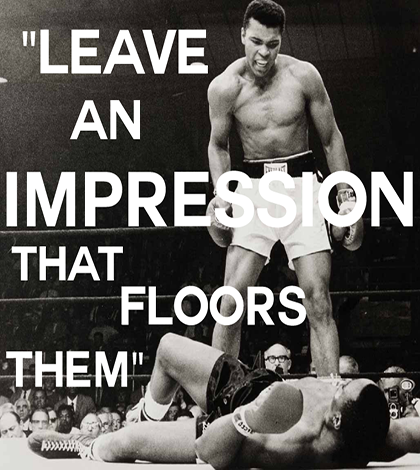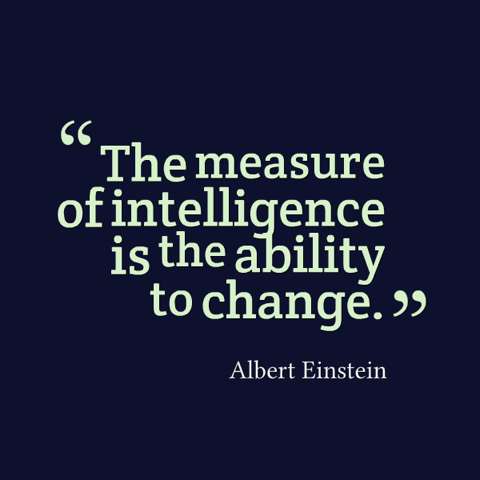For nearly ten years, I’ve been consuming resumes non-stop. I review one construction or engineering resume after another, and decide whether to invest my time in learning more about the candidate.
Time is finite. In HR, we decide which candidates will help our clients by scanning their resume. Sometimes we see the potential in a candidate despite a poor resume, and sometimes the candidate’s potential will be missed simply because of a poor resume!
My agency, Outpost Recruitment, provides recruitment services to successful construction and engineering companies, so I need to think the same way they do. They want the top 10-20% of talent, so that’s where I focus.
Many candidates can make that top grade with a little coaching and work on communicating their skills. We coach candidates to build a construction or engineering resume that helps them differentiate their skills and experience, leapfrog the competition, and earn more money.
Your resume is a reflection of what you think of yourself as a professional. Anyone can enhance their construction or engineering resume and pack a bigger punch in their job search with a little bit of effort.
Why do we dislike working on our resume?
 Like most people, I hated putting a resume together but there is little reason to be intimidated by the task of writing your resume.
Like most people, I hated putting a resume together but there is little reason to be intimidated by the task of writing your resume.
It’s a life skill to be able to sell yourself on paper and communicate how you can help a future employer. It’s a document that represents what you think of yourself as a professional. This is actually a task we should get excited about.
Conclusions I have made:
- 80% of construction or engineering resumes I come across make no mention of the candidate’s performance in previous roles. They simply state the roles they held, the duties/responsibilities they were assigned, and the projects they were “involved in”. Lots of evidence to suggest they had a job, but zero evidence to show they were any good at it!
- Most candidates, despite being highly competent in their role, struggle to communicate their value to employers. Modesty is often the barrier, but it’s often a case that the candidate is not self-aware of their strengths and achievements.
Is your resume holding you back from moving your career forward?
A weak resume creates an obstacle to a future employer seeing your potential.
It’s a personal document, so naturally many candidates get highly offended by constructive criticism. When job hunting, we rarely get informed that we didn’t get the job because our resume was poor. I will always politely inform a candidate that their construction or engineering resume “could be better”, but most will turn a blind eye instead of focusing on improving this crucial employment document.
Here are the most common reactions I receive when I give feedback on resumes:
- “I didn’t have time to update it properly.” – Make time, not excuses. This is your presentation and you failed to put the effort in!
- “I can talk about that in the interview.” – What happens if you don’t get called into that room?!
- No response to my email. Thank you for showing your ability to handle direction!
- “Thanks for pointing this out. How can it be improved?” – Game on! These candidates succeed with Outpost. We’re here to help with templates, online tips and real-life examples to help you.
How about if I told you we can work together to improve your construction or engineering resume, and my bet is that we can add another $10K (on average, say 10% of salary to be more accurate) to your package if you put your best foot forward? It’s very possible. Amazingly, this concept can work whether you switch jobs or not, as it can arm you with the ammunition to get a raise in your current role.
The importance of selling yourself in a construction or engineering resume
 The ability to understand and communicate your value confidently to future employers is a skill that you can acquire with 3-4 hours of work. That’s a pretty small time commitment for a pretty solid return.
The ability to understand and communicate your value confidently to future employers is a skill that you can acquire with 3-4 hours of work. That’s a pretty small time commitment for a pretty solid return.
Your first touch point with a future employer is the construction or engineering resume you submit. This is where they create their first perception of your value as a candidate.
Common questions we forget to answer in our resume:
- What kind of personality do you have? Are there things that excite and motivate you in your professional life?
- What are your strengths?
- How have you added value to your previous roles and projects (i.e. results and achievements)?
- What problems have you encountered? Were there solutions you have been exposed to?
- What did you learn?
What steps should you take?
- Put your best foot forward. Hold off on your job search until your construction or engineering resume is perfect.
- Invest time in exploring what makes you good at your job. Ask your boss, coworkers or clients what your strengths are.
- Tell stories about problems you encountered and solutions you delivered. Focus on the highlights and they will want to interview you so they can learn more.
- Give the context behind projects (scope) and situations. Help the reader visualize a project/situation!
What mistakes should you avoid?
Listing only the common duties and responsibilities of your role. It’s the easy option, but it’s simply boring and doesn’t add any value! As a Project Manager, your ability to “liaise with the clients and subcontractors to resolve issues” is a given! Avoid generics and focus on specific quantified (% or $) examples that demonstrate your capability to influence the project. What were the top 2-3 things that you achieved on each project? What problems did you solve?
Most agencies are not interested in helping you enhance your resume. Why? It takes time and time is $$. Outpost is different. We enjoy the consulting as it helps us engage with a candidate and get to know them better. We’re happy to invest some time in you, if you are willing to invest your time in yourself.
In summary, it amazes me how many candidates can’t see the connection between their construction or engineering resumes and how employers look at them. If this document oozes value, it will definitely loosen the purse strings of your future employer. Everyone wants to earn more. Invest in your resume and you can look the part!
Our next blog will highlight the components of that killer construction or engineering resume that’s going to take your career to the next level!
Ruairi.
Blogs in this series
- #1: How to add $10K to your salary! – The power of a killer construction / engineering resume (CV) in Canada
- #2: How to write a resume for construction and engineering jobs in Canada
- #3: How to build a results-focused resume for engineering and construction jobs in Canada
- #4: How to sell your project experience in an engineering or construction resume in Canada
About Outpost Recruitment
Register with Outpost Recruitment and we’ll send you a free resume template you can use for your job search. If you have registered previously and require the resume template, drop us an email at [email protected].
Outpost Recruitment is a boutique agency that works with Canada’s leading construction and engineering companies. To learn more or register as a candidate, explore our website.






 The Format:
The Format: Result/Achievement — What was the impact of you performing your job well. Think cost, time and quality as these are the key parameters of any project. Always quantify the outcome, where possible.
Result/Achievement — What was the impact of you performing your job well. Think cost, time and quality as these are the key parameters of any project. Always quantify the outcome, where possible.
